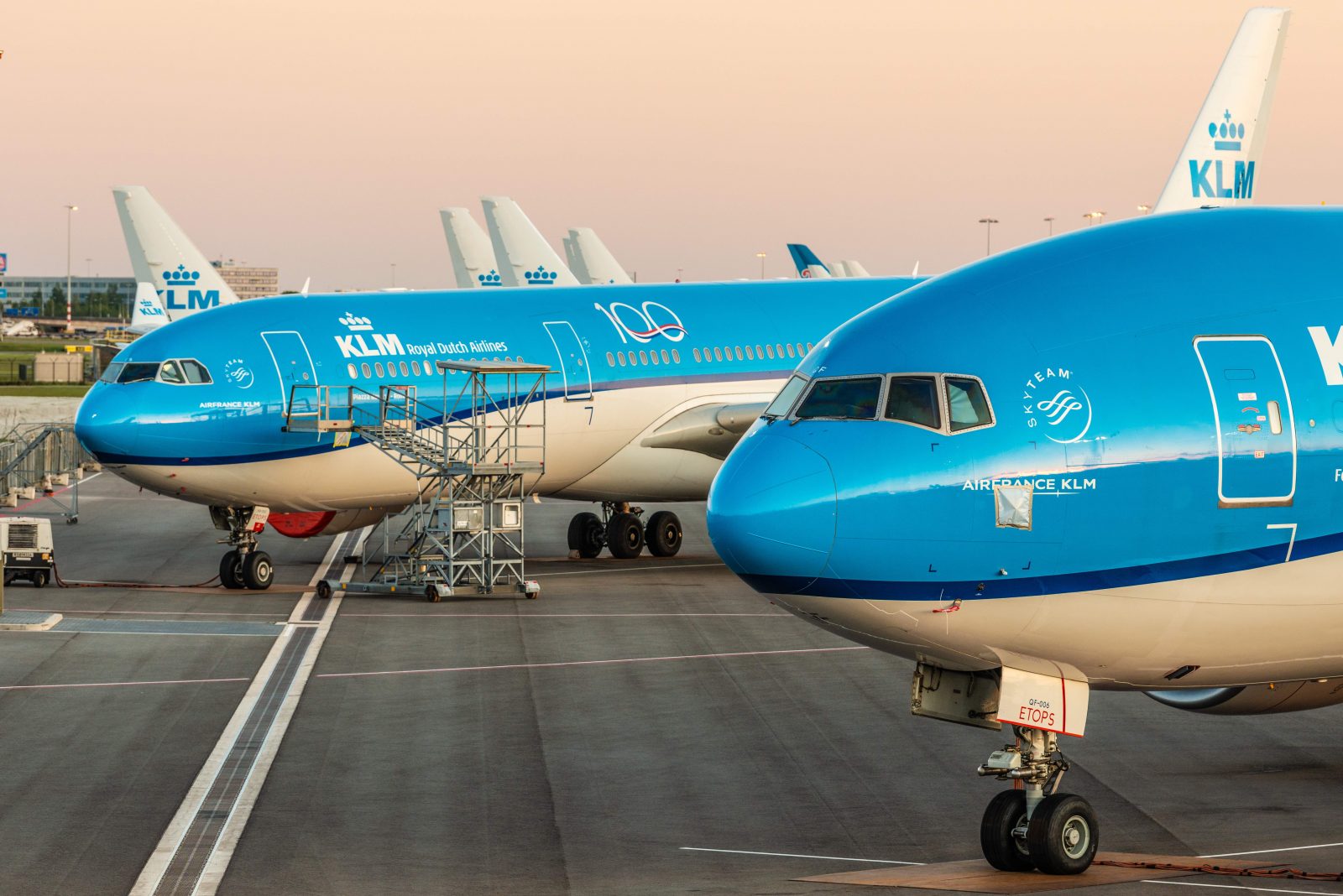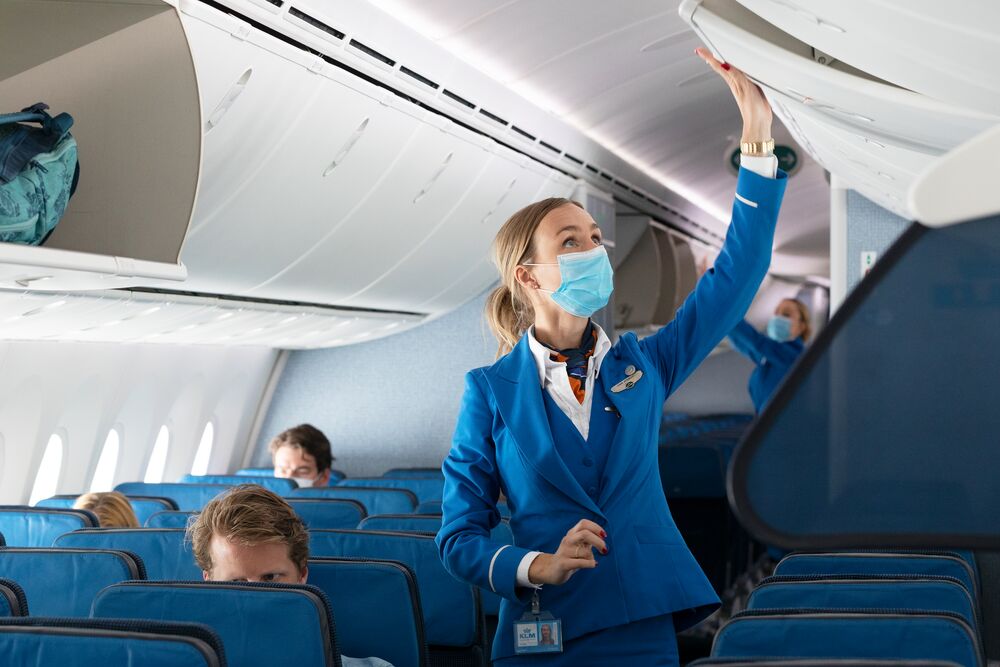
Dutch airline KLM has managed to strike a deal with cabin crew and ground staff unions with just hours to spare to secure a €3.4 billion taxpayer-funded bailout. The Hague had set an October 1 deadline for KLM to present proposals to cut costs by 15 per cent requiring temporary concessions from a number of workgroups including cabin crew.
There was a breakthrough in last-ditch talks to reach an agreement in the early hours of Thursday morning according to one of the two unions that represent cabin crew at the carrier.

The FNV union said the two sides had now agreed on a temporary wage sacrifice scheme and the deal also includes a “greatly improved” termination fee for cabin crew who are made redundant.
“One of the conditions of the government for the loan and guarantee of 3.4 billion euros is that KLM employees contribute to the cost reduction of the company by lowering labor cost. This is an incredibly important step,” the airline explained in an emailed statement.
“Unfortunately, KLM is also forced to reduce the number of jobs in order to guarantee the company’s continued existence in the longer term. To this end, social plans must be agreed with the unions,” the statement continued.
The airline has not yet confirmed how many cabin crew might lose their jobs as a result of a Coronavirus downsizing but in July, KLM said a further 1,500 jobs would be axed. The airline is seeking to reduce its total workforce by 20 per cent compared to pre-COVID numbers.
The rival VNC cabin crew union, however, told members on Thursday that while a general agreement had been reached, more detail on a number of unspecified matters had not yet been provided by the airline.
Along with a requirement to cut costs by 15 per cent, KLM also needs to reduce emissions by half in order to secure the multi-billion-Euro state aid package.
In recent weeks, KLM has announced plans to trim back its planned flight schedules over the coming winter season in response to a second wave of Coronavirus sweeping across Europe. Short-haul capacity will be cut to just 55 per cent of pre-COVID levels, while around 80 per cent of long-haul routes are currently being served.
A third of these routes, though, are cargo-only flights meaning that “seat capacity is way down”.
Mateusz Maszczynski honed his skills as an international flight attendant at the most prominent airline in the Middle East and has been flying ever since... most recently for a well known European airline. Matt is passionate about the aviation industry and has become an expert in passenger experience and human-centric stories. Always keeping an ear close to the ground, Matt's industry insights, analysis and news coverage is frequently relied upon by some of the biggest names in journalism.







